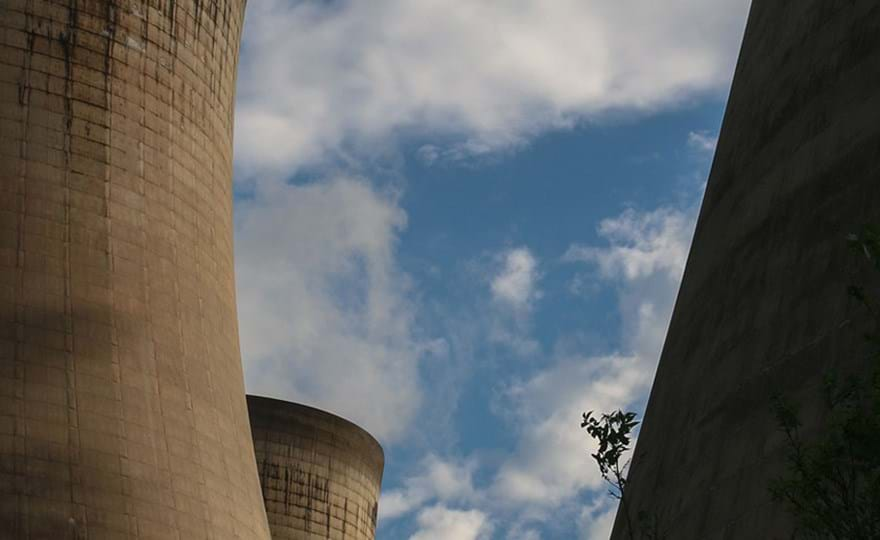ClientEarth Communications
21st July 2020


Our lawyers have won the right to appeal a ruling by the High Court, which sided with a UK Government decision to approve what would be Europe’s largest gas plant.
In May, the High Court ruled that former Secretary of State for Business, Energy and Industrial Strategy, Andrea Leadsom, did not act unlawfully in giving permission for Drax Power to build a new gas plant at its Selby Power plant in North Yorkshire. Our lawyers claim the decision by the Secretary of State was indeed unlawful, and are appealing the judgment.
If approved, the gas plant could seriously undermine the UK’s efforts to decarbonise and risks locking in significant greenhouse gas emissions for decades to come. These are consequences that contradict the Government’s own energy and planning policies. Instead, the climate impact of large-scale infrastructure projects must be properly considered when deciding whether to grant approval.
Drax plans to build a new 3.6GW gas plant at its Selby Power plant in North Yorkshire. In 2018, ClientEarth submitted a written objection to the plant based on its potential climate impacts.
In 2019, the Government’s Planning Inspectorate submitted its report to the Secretary of State, recommending that consent for the Drax project be refused. For the first time in history, they recommended the project be refused on climate change grounds. Specifically, they found the “significant risk” of high carbon lock-in, going against the UK’s plans to transition to low carbon energy.
This recommendation was in line with our own assessment of the plant’s climate impact, which we submitted to the planning inquiry. ClientEarth’s evaluation of the plant’s climate impact found that the project could create over 400% more greenhouse gas emissions than alternative energy capacity.
However, in October 2019 the Government went against the Planning Inspectorate’s recommendation and granted approval for the proposed plant. ClientEarth lawyers filed a High Court challenge the following month against this decision, believing it to be unlawful.
Although the High Court sided with the Government, we now have an opportunity to lay out our case in the Court of Appeal.
The appeal by our lawyers will be argued on the grounds that the Government failed to properly assess the climate impact of this large-scale infrastructure project, as well as the need for the project, in line with its own planning policies and the applicable legislation.
ClientEarth in-house lawyer Sam Hunter Jones said:
“One of the fundamental objectives of the Government’s planning policies is to avoid projects that risk locking in unnecessary greenhouse gas emissions for decades to come.
“However, the way the Secretary of State has interpreted these planning policies is stopping projects from being refused on that basis. We believe that approach is unlawful.”
The Government’s own energy forecasts show that the UK does not need a major roll out of new large-scale gas generation capacity given existing capacity.
Hunter Jones added: “As decisions on large-scale infrastructure projects across the country continue to be made, it is crucial these projects do not undermine the UK’s efforts to decarbonise by locking us into unnecessarily high carbon energy over the coming decades.
“It is therefore vital that the policies and laws central to this case allow decision makers to refuse planning approval for projects because of their climate impact. We strongly believe that they do so and look forward to arguing our case in the Court of Appeal.”